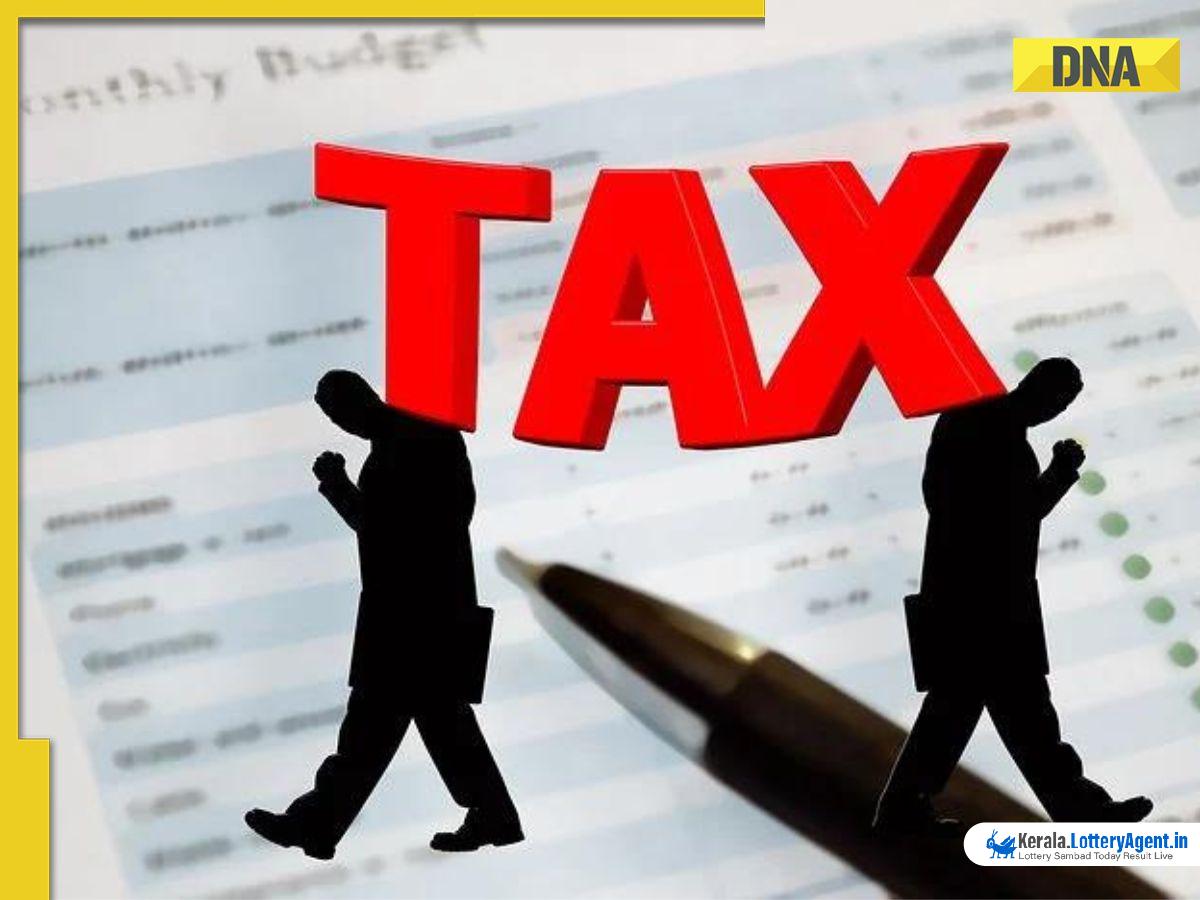
Income tax is a tax that is levied by the Government of India on the income of every individual or entity. The Income-tax Act, 1961 governs the provisions related to income tax in India. Anyone earning an income, whether a natural or artificial person, is liable to pay income tax unless exempted by law.
If you are fortunate enough to win a lottery or prize money in a competition in India, it is crucial to be aware that these winnings are subject to taxation. The prevailing tax rate on such winnings is a flat 30%, and this applies to both resident and non-resident winners. It is essential to keep in mind that the entity giving out the prizes or lottery winnings will deduct the tax at source. Consequently, the amount you receive will have already accounted for the tax deduction.
The Tax Deducted at Source (TDS) on lottery winnings, card game winnings, TV programme winnings, crossword puzzle winnings, and other similar game winnings are specifically addressed under Section 194B of the Indian Income Tax Act, 1961. According to this provision, the payer is mandated to deduct TDS at a rate of 30% before distributing the prize money to the winner if the rewards exceed Rs. 10,000. Additionally, once surcharge and cess are incorporated, the effective TDS rate increases to 31.2%.
Paying the necessary taxes on lottery or prize money winnings is of paramount importance to avoid fines and other legal consequences. Such earnings are categorized under the “Income from Other Sources” heading for tax purposes. Failure to pay the due taxes can lead to significant penalties and legal issues. Consequently, it is highly advisable to seek guidance from a qualified tax professional to receive advice tailored to your specific situation.
The government employs three primary methods to collect income tax: taxes deducted at source (TDS) from the recipient’s income; taxes collected at source (TCS); and voluntary payments made by taxpayers into various designated banks, such as Advance Tax and Self Assessment Tax. Every individual who earns an income has a constitutional obligation to accurately compute their income and fulfill their tax liabilities.
.
Looking into the specifics of TDS on winnings, Section 194B clearly stipulates that any winnings from lottery, crossword puzzles, card games, or any other sort of gambling are subject to a flat TDS rate of 30%, provided the winnings exceed Rs. 10,000. The law mandates that the prize distributor deducts this tax before disbursing the amount to the winner. This provision ensures that the government secures its due share of tax revenue from these winnings, and the winners are not burdened with a lump-sum payment after the prize has been awarded.
Additionally, the TDS rate increases marginally when surcharge and education cess are included, bumping the effective rate to approximately 31.2%. This mechanism not only simplifies the tax collection process but also ensures greater compliance, as the tax is cut at the source itself, minimizing chances of evasion.
When it comes to filing your income tax return, the winnings under the “Income from Other Sources” must be declared. Despite the TDS already being deducted, you are required to report these earnings in your total income for the financial year. The aggregate amount is then subjected to the applicable tax rates based on your total income for the year. Should there be any discrepancy or additional tax liability, it would need to be settled accordingly.
On the contrary, if the total TDS deducted at source exceeds your overall tax liability for the year, you would be eligible for a refund. The Income-tax department reviews these declarations rigorously to ensure all earned income is appropriately reported and taxed.
Lastly, it’s highly recommended to consult a proficient tax advisor when dealing with such unique income streams. These experts can guide you through the complexities of tax laws, ensuring you remain compliant while potentially optimizing your tax liabilities.
In summary, while winning a lottery or prize money can be an exhilarating experience, it brings with it the responsibility of adhering to tax regulations meticulously. Ignorance of tax laws can lead to severe repercussions, including penalties and legal entanglements. Therefore, understanding the tax implications and seeking professional guidance can help you navigate this exciting yet intricate landscape effectively.












